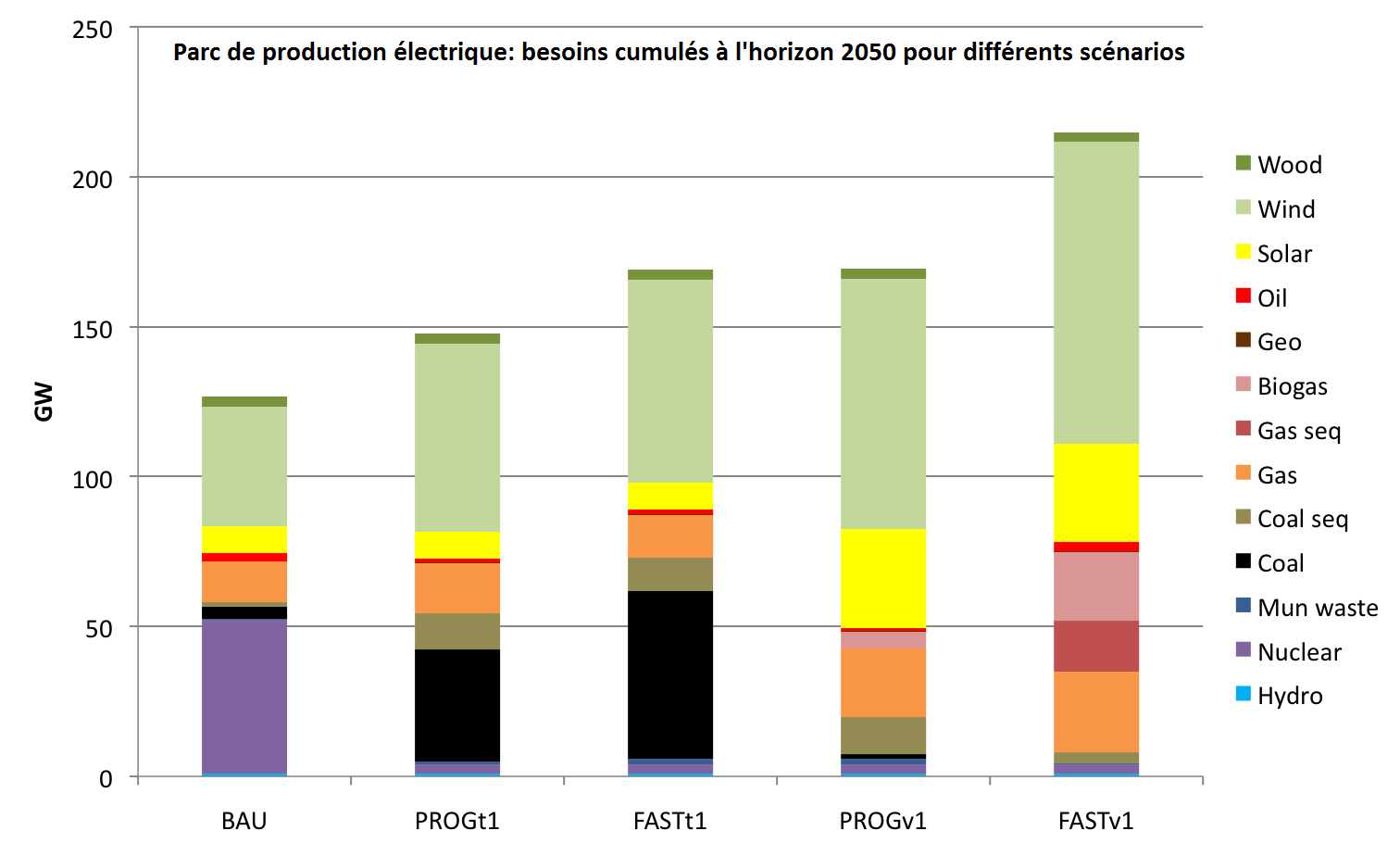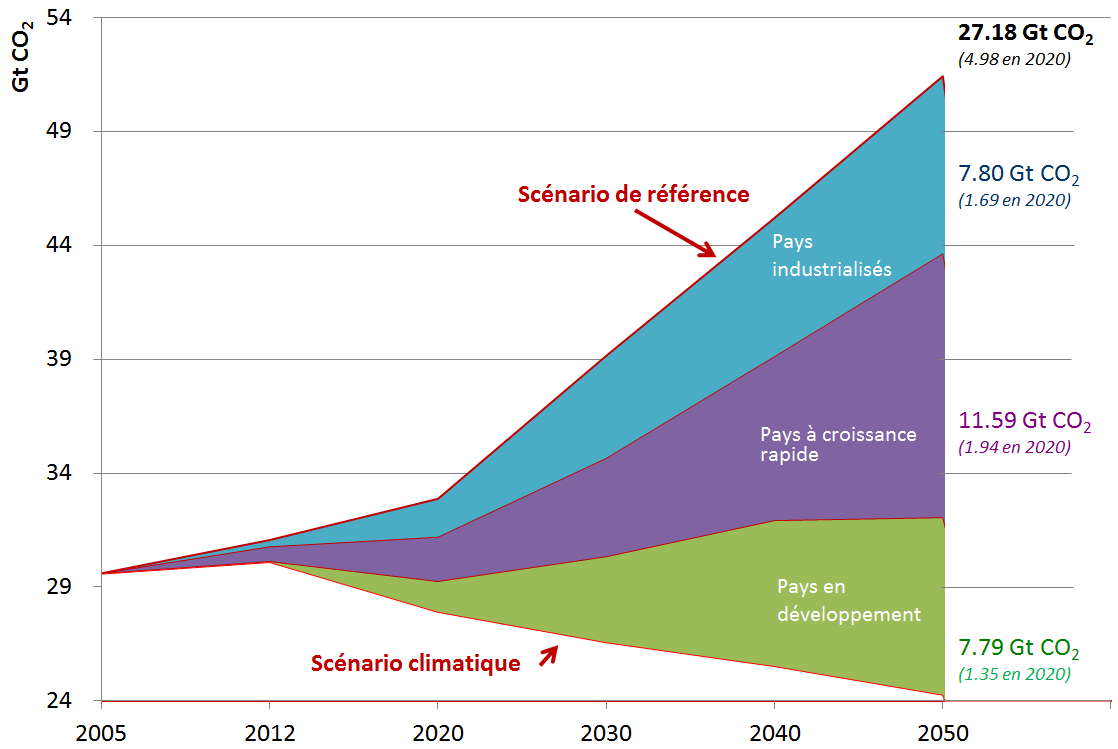The prospective modeling research program of the Centre for Applied Mathematics is based on optimizing a technical-economic representation of the energy system with the help of the MARKAL-TIMES model (MARKet ALlocation/ The Integrated Markal Efom System). These Llong-term planning models are at the center of the Chair’s modeling activities.
MARKAL-TIMES is a methodological corpus developed in the context of the ETSAP (Energy Technology Systems Analysis Program), an international consortium under the aegis of the International Energy Agency (for which the CMA is the French government’s official representative to the IEA/ETSAP). The geographical deployment perimeters of this approach at the CMA are France ((TIMES-France), Europe and the World (TIAM-FR).
TIMES-France
Manager: Edi ASSOUMOU (CMA MINES ParisTech)

The CMA has invested particularly in developing the unique France model, for which developments and improvements have been permanent since 2003.
First of all focusing on the electricity issue, the model has successively evolved towards an overall representation of the energy system, then towards a refinement of certain subsectors or modules. These ongoing evolutions concern biomass, the electricity industry, residential sectors and transport and the revision of technological databases among others.
The TIMES-France model enables the implications of the different energy scenarios to be assessed for France: notably factor 4, the carbon value and the phase-out of nuclear reactors. In 2013 it was used in the context of research conducted with IRENA to assess the conditions of a pairing up of the market share of renewable energies.
In the framework of Commission Energy 2050 with a view to establishing the French energy strategy by 2050 and of the collaboration with the DGEC, a thesis was initiated at the end of 2015 at the CMA with Ariane Millot on the issue of “Exploration of levers of decarbonation on a national scale: from ambition to realization, what relative balance between public policies and civil society centered on France “. Read more…
TIAM-FR
Manager: Sandrine SELOSSE (CMA MINES ParisTech)

The CMA is also developing the TIAM-FR model (Times Integrated Assessment Model) that is the French version of the global TIAM model, of the family of ETSAP-TIMES models.
With the help of the TIAM-FR model, carbon constraint scenarios have been developed to highlight the regional impacts of global issues committed to reducing CO2 emissions in different regions around the world (Paris Agreement). Alongside these scenarios, technology deployment scenarios have been developed, for example carbon capture and sequestration, which allow the technical-economic plausibility of climate policies to be discussed.
Some convincing research: CO2 atmospheric concentration, world and regional GHG emissions, the marginal cost of CO2 in a context of limited emissions, the global and regional energy mix, technological investments ((BE)CCS, renewable energies), according to different regions around the world (15) and different business activities, etc.
TIAM-FR has therefore been extended to take different carbon and biomass combustion technologies into account among others (with or without CO2 capture technology) and potential regional carbon sequestration scenarios (onshore, offshore) have been studied with resulting publications. The technological sectors aiming at the valorization of the biomass are also discussed notably thanks to the contributions of Seunwoo Kang’s doctoral thesis work on biomass potentials on a world scale and the development of an international market of these resources.


